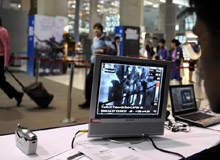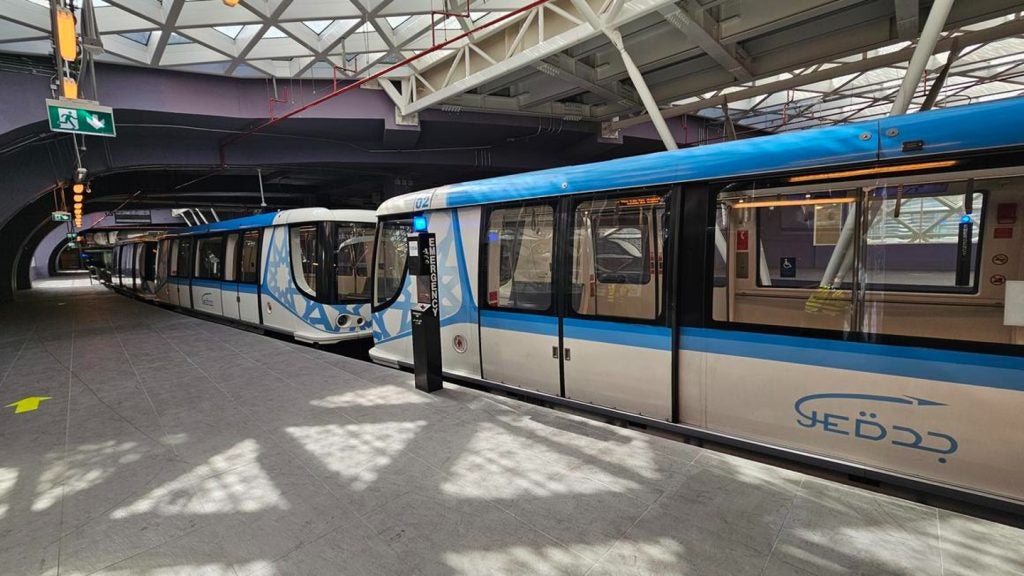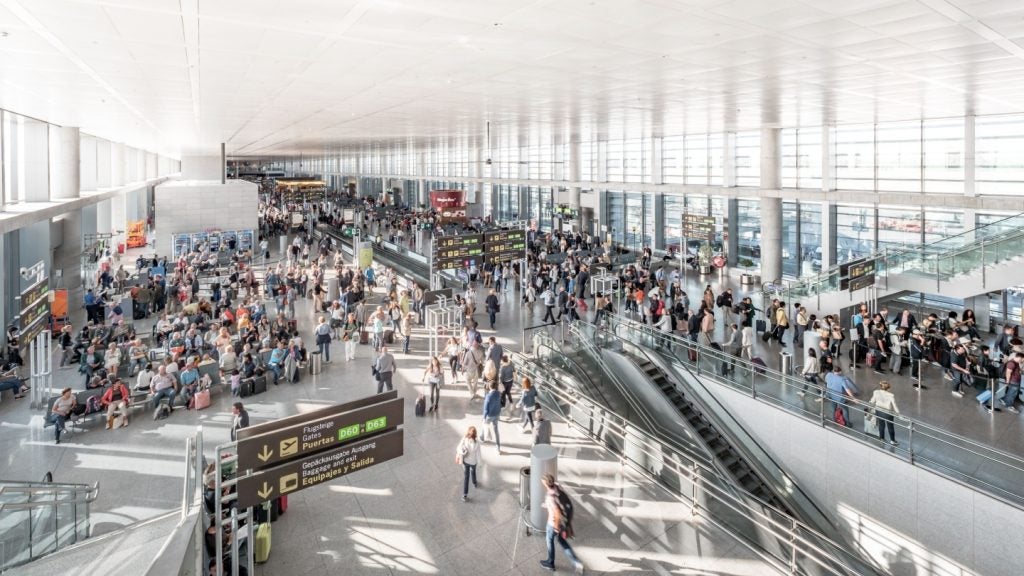
As the world rushes to contain the spread of swine flu as it radiates out from its origins in Mexico – where 103 people are already thought to have died from the virus – it is airports that are holding up the frontline of national homeland defences.
Airports around the world have been put on high alert as fear of the H1N1 virus increases and the number of the diagnosed climbs above 1,000. The World Health Organisation (WHO) has warned of a global pandemic as the deadly flu strain – containing a potent combination of swine, human and avian flu viruses – gets transported around the world.
International airports are stepping up surveillance measures and putting the very latest technologies into use to combat what the WHO has dubbed a ‘public health emergency of international concern’.
In the US, 20 cases have been confirmed across the country from California to Kansas, Texas and Ohio, leading many countries to issue travel warnings to US and Mexico-bound visitors.
On Sunday, the US administration declared a public health emergency and airport officials are beginning to question travellers about illness as they arrive on US soil.
In a White House briefing, Homeland Security Secretary Janet Napolitano said that passengers would not be barred from entering the US but they could be referred for further testing.
How well do you really know your competitors?
Access the most comprehensive Company Profiles on the market, powered by GlobalData. Save hours of research. Gain competitive edge.

Thank you!
Your download email will arrive shortly
Not ready to buy yet? Download a free sample
We are confident about the unique quality of our Company Profiles. However, we want you to make the most beneficial decision for your business, so we offer a free sample that you can download by submitting the below form
By GlobalDataThe US Air Transport Association has released a statement saying that it is in close contact with the Center for Disease Control and it has asked airlines to implement standard protocols for identifying, reporting and managing cases. A CNN news report also stated that Los Angeles International Airport is disinfecting public restrooms to quell the spread of the virus.
SARS precautions come into their own
Many Asian nations are using techniques and technologies first put into place during the SARS ‘bird flu’ outbreak in 2003.
In Hong Kong, surveillance measures at boundary control points have been stepped-up, according to a report by China’s official news agency Xinhua that quoted a spokesperson from Hong Kong’s Centre for Health Prevention. Following an emergency meeting with local health officials, airlines have been told to broadcast health warnings on any flights travelling directly with, or via, any region suspected to have cases of swine flu.
People travelling to affected regions should avoid contact with sick people and those with respiratory symptoms are being urged to approach port health officers for examination. Meanwhile, a team of Hong Kong scientists have been assigned to find a quick test for the virus.
In Thailand, Bangkok’s Suvarnabhumi Airport has announced that from today it will tighten checks on visitors from France, Tokyo, Frankfurt, London and three US cities. Although the airport is yet to see any cases of swine flu, it has already installed infra-red cameras to detect unusual body heat.
As Thailand has a large swine livestock industry and has suffered badly from previous SARS outbreaks, airport authorities are keen to be seen as being especially cautious.
Similar techniques are being used in Singapore and Japan where thermal scanners have been installed in Changi International Airport and Narita Airport, respectively. In Singapore these procedures are only being used to monitor passengers from the US but it is expected that by Wednesday these scans will be widened to include all passengers travelling through the airport. In Japan, travellers are being kept on planes until they have been checked and given the all clear.
A spokesperson for the UK’s Health Protection Agency told airport-technology.com that he did not foresee similar techniques being taken up in UK airports at present. “We have got port officials and doctors that work at airports. They are available to assess passengers coming off flights so it is just routine procedures in place at the moment,” he said.
Media reports suggest that London’s Heathrow Airport has been checking all passengers flying back from Mexico – with one plane being held for 45 minutes before passengers emerged wearing blue facemasks – but a spokesperson for Heathrow said that any decisions over technologies being used in Asia such as airport scanners, was out of their hands. “It is not our domain to install equipment but we will work closely with the Health Protection Agency and the authorities over anything they want to install,” the spokesperson told airport-technology.com.
Dark day for airline stocks
Shares in airlines and travel firms have fallen sharply as concerns over swine flu have spread. On Monday trading, British Airways stocks dropped 8.4%, Hong Kong’s Cathay Pacific is down 8% and Australia’s Qantas shares have witnessed a 4% dip. For Qantas, however, the pain does not ease there as the country’s Transport Workers Union (TWU) has slammed the airlines policy for dealing with such an outbreak.
TWU federal secretary Tony Sheldon has said that although there has been a speedy response from authorities with airport checks being put in place and hospitals told to be on standby, an urgent meeting is needed with Qantas and other airlines.
“We have already seen a swift response from the government but we also need to see airlines making an effort. Qantas and other airlines don’t have an adequate policy in place to deal with employees in these situations, even after we had requested this following the bird flu scare,” Sheldon said. “We want airport employees to be guaranteed access to immediate testing if they have come in contact with the virus.”
Air France-KLM and Deutsche Lufthansa have both dropped between 7.3% and 10% despite both airlines having the majority of their footprints in the European and Asian markets. And fears are now mounting for US-listed stocks.





